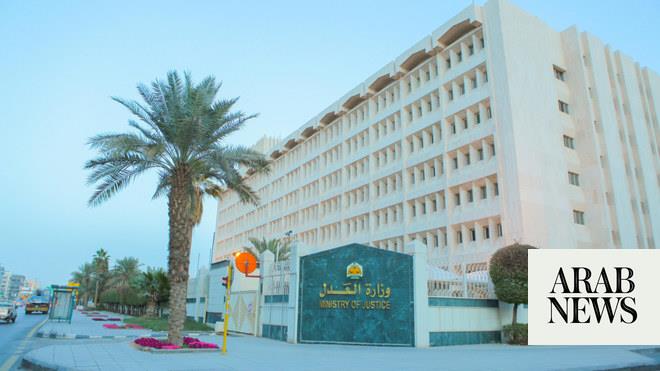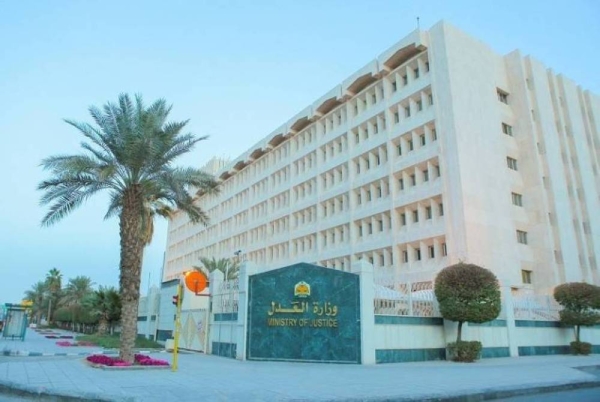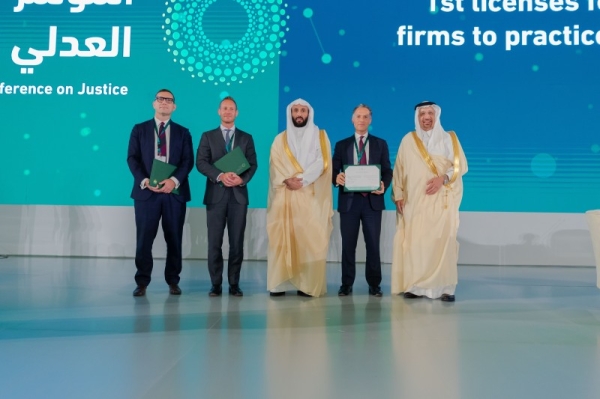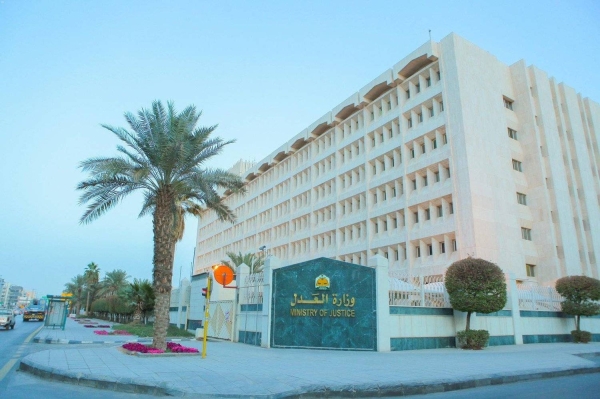
MAKKAH: The Ministry of Justice’s recent announcement licensing 15 foreign law firms and reviewing 15 other applications for practicing law in the Kingdom has paved the way for a broad legal practice to ensure justice and uphold high standards.
The decisions follow an influx of international companies seeking to establish their headquarters in Saudi Arabia.
The ministry explained that licenses have been granted to several companies from the US and the UK with the aim of enhancing and developing the legal profession, raising the standard of its practitioners, and improving the business and investment environment in the Kingdom. SPEED READ
Saudi Arabia’s Ministry of Justice has licensed 15 foreign law firms and is reviewing 15 more, welcoming international legal practices. This initiative seeks to enhance the legal profession, elevate standards, and boost the business and investment landscape as global companies increasingly set up shop in the Kingdom. Foreign law firms will aid knowledge exchange, spur economic growth, and address legal complexities in international transactions, in line with Vision 2030’s goals and Saudi Arabia’s quest for a mature legal environment.
Majid Al-Khamis, general supervisor of media and institutional communications at the Ministry of Justice, told Arab News: “Saudi Arabia (has) paved solid ground for international law firms to take a foothold in the Saudi legal market, especially after major international companies in all sectors rushed to invest in Saudi Arabia given the great opportunities presented by Vision 2030.”
Al-Khamis added that new legislation enacted by the Kingdom, such as the Civil (Personal) Status Law, the Evidence Law, and the Civil Transactions Law, will provide a more distinguished legal climate protecting rights, stimulating investment, and supporting economic prosperity.
Lawyer Massad Al-Anazi said: “It is an important catalyst for knowledge development and exchange of experiences between Saudi law firms and foreign companies, especially since the licensing controls for foreign companies adopt high-quality standards in accordance with the regulations of foreign offices.”
He added that all of this reflects the Kingdom’s aim to develop a fully mature legal environment that recognizes the magnitude of the challenges facing the business and investment sectors.
Another lawyer, Hisham Al-Faraj, said that “the presence of experts from different backgrounds and legal schools is beneficial in terms of developing legal and judicial work, and international transactions require the assistance of experts from different countries because the experts from each country are capable, qualified, knowledgeable, and experienced in the laws of their respective nations.
“The establishment of international law firms in the Kingdom will serve and facilitate investors, opening doors for them to expand their investments,” he added.
Al-Faraj stated that this will serve society, especially in international cases and even in what seem fairly simple disputes.
For example, he explained, a check is considered a payment instrument in Saudi Arabia, and can be cashed as soon as it is written with no point in deferring its date; it is a crime for anyone to write a check without sufficient funds, and it is not accepted as a guarantee from a legal standpoint.
This standard differs from a neighboring Gulf country, where a check is also considered a credit instrument and not just a payment instrument, and in the event of writing a deferred check, it cannot be cashed before that date, he noted.
Al-Faraj pointed out that this is how commercial transactions differ and branch out due to differences in legal systems. It is necessary, he added, to consult a specialist in the law of the country in which the transaction is to be conducted to ensure compliance with the law.












